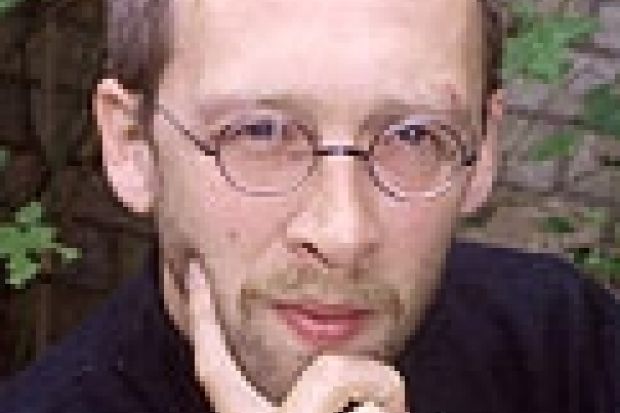Academics and clerics have accused the archbishop of Canterbury of bringing the Anglican faith into disrepute in a row over his power to award degrees.
The church has rejected an applicant for its masters degree programme, the Lambeth MA in theology, on religious grounds.
Andrew Brown, a reverend of a Unitarian Christian church and former member of the 1970s pop group Cockney Rebel, was told that the award was open only to members of the mainstream Churches Together in Britain and Ireland group.
Sir Tony Wrigley, president of the British Academy, who is a member of a Unitarian congregation, said in a letter to the church: "The treatment meted out to Andrew Brown seems indefensible... and I can well understand that it should be a matter of embarrassment to most Anglicans." He also urged a change to the rule.
The Lambeth MA is an academic qualification of similar standing to masters qualifications awarded by universities.
The archbishop of Canterbury has degree-awarding powers based on an act of 1533. The powers were revived in the mid-1980s by the late Archbishop Robert Runcie, who gained approval from the then Department of Education to establish an MA programme.
Candidates must hold a degree in theology or a related subject at least at 2:1 level and they are selected by a committee of academics and clerics. They are assigned an academic supervisor for up to five years while completing a 50,000-word thesis, which is marked by a committee member and an external academic.
In a letter explaining Mr Brown's exclusion last month, the secretary to the archbishop's MA scheme, Martin Kitchen, said: "The committee takes the view that it would be inappropriate to ask (the archbishop) to use (his degree-awarding powers) in contexts where candidates are not broadly in agreement with his theological position."
Dennis Nineham, a leading theologican and former warden of Keble College, Oxford, described the exclusion of Unitarians from the scheme as "deplorable" and warned that the integrity of the Church of England was at stake.
Unitarians have long been at odds with the Church of England because they reject the doctrine of the Trinity. Their followers have included Sir Isaac Newton, Charles Dickens and Lord Bullock, former vice-chancellor of Oxford University.
The Reverend Brown, a former chart-topping musician, said he was amazed at his exclusion. "Unitarians use rationality and reason to check the veracity of the Bible, and these days most in the Church of England think the same, but cannot admit it."
Canon Kitchen told The THES that he and the Lambeth MA committee regretted the decision it "had to take". He accepted that the church made a mistake in failing to make the exclusion of Unitarians clear on application literature.
But he said that the church limited enrolments to avoid competition with universities.
Register to continue
Why register?
- Registration is free and only takes a moment
- Once registered, you can read 3 articles a month
- Sign up for our newsletter
Subscribe
Or subscribe for unlimited access to:
- Unlimited access to news, views, insights & reviews
- Digital editions
- Digital access to THE’s university and college rankings analysis
Already registered or a current subscriber?
